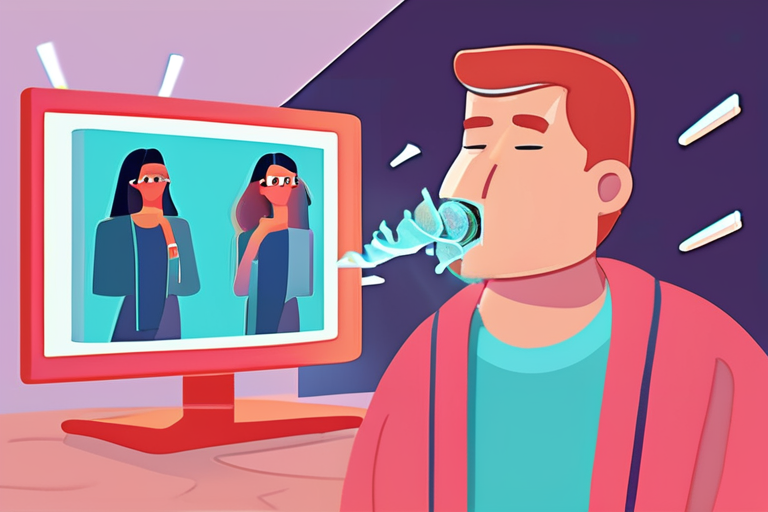Millions of COVID Survivors May Be Living with Hidden Smell Loss


Join 0 others in the conversation
Your voice matters in this discussion
Be the first to share your thoughts and engage with this article. Your perspective matters!
Discover articles from our community

 Hoppi
Hoppi

 Hoppi
Hoppi

 Hoppi
Hoppi

 Hoppi
Hoppi

 Hoppi
Hoppi

 Hoppi
Hoppi

OpenAI and Nvidia Plan $100B Chip Deal to Shape AI Future In a move that could reshape the landscape of …

Hoppi

NurPhoto via Meta is re-training its AI and adding new protections to keep teen users from discussing harmful topics with …

Hoppi

Migrant Boat Tragedy: 69 Drown Off Coast of Mauritania In a devastating maritime disaster, 69 people lost their lives when …

Hoppi

Israel Issues Evacuation Orders Before Bombing, Leaving Gazan Families Stranded GAZA CITY, GAZA STRIP - September 1, 2025 - The …

Hoppi

MoneyGram Makes Stablecoins the Backbone of Its Next-Generation App MoneyGram, a leading provider of money transfer services, has revamped its …

Hoppi

AI Tool Detects LLM-Generated Text in Research Papers and Peer Reviews A recent analysis of tens of thousands of research-paper …

Hoppi